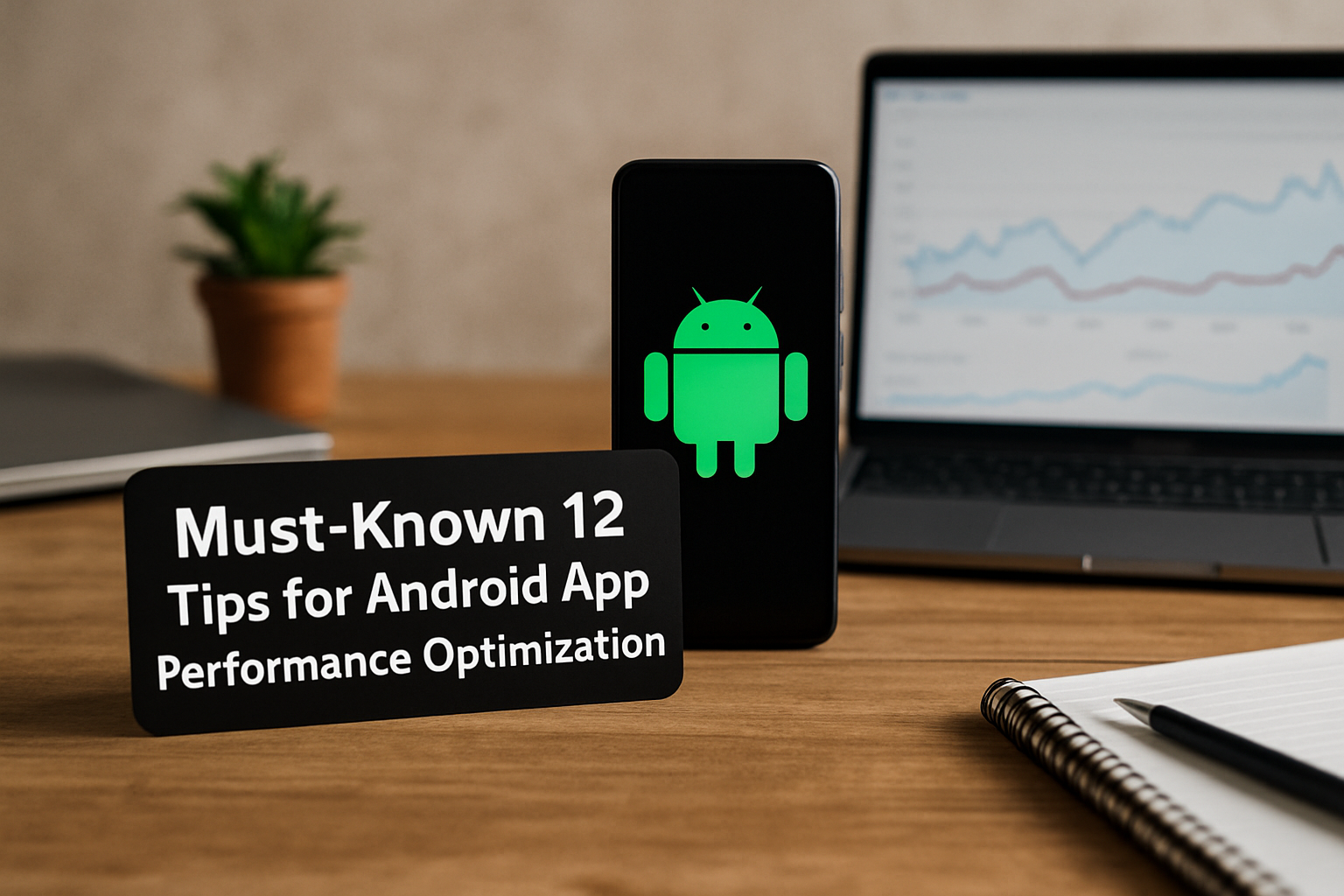In today’s fast-paced logistics world, fleet operations form the backbone of any delivery-centric business. Whether it’s e-commerce, third-party logistics, or food delivery, optimizing fleet operations is key to staying competitive. Manual planning methods and static routes no longer cut it. Enter route management software – a smart, data-driven solution designed to streamline operations, cut costs, and improve customer satisfaction.
Understanding Route Management Software
Route management software is a digital tool that helps businesses plan, optimize, and monitor delivery routes in real-time. This software integrates GPS, AI, traffic data, and customer inputs to develop the most efficient route for each vehicle in the fleet. Unlike basic mapping applications, route management platforms take into account time windows, delivery priorities, vehicle capacities, and driver availability.
These solutions not only streamline route planning but also allow fleet managers to make real-time adjustments, monitor vehicle locations, and reduce human error. The result? Higher efficiency, lower operational costs, and better delivery performance.
Key Features of Route Management Software
- Dynamic Route Optimization
This feature uses real-time data and AI algorithms to calculate the most efficient route. It considers traffic conditions, weather, delivery time windows, and driver schedules. With dynamic optimization, businesses can avoid delays and fuel wastage while ensuring on-time deliveries. - Real-Time Tracking
Fleet managers gain full visibility over vehicle locations, driver performance, and estimated arrival times. This transparency allows for proactive issue resolution, customer communication, and enhanced trust. - Automated Dispatching
The software can assign jobs automatically based on proximity, load capacity, and delivery deadlines. It reduces manual workload and ensures resources are used efficiently. - Performance Analytics
Route management software often includes dashboards and analytics tools that provide insights into delivery times, route efficiency, fuel usage, and driver behavior. These reports help businesses improve and scale effectively. - Integration with Existing Systems
The best solutions integrate with ERP, CRM, and inventory systems, providing a unified platform for business operations. This helps streamline communication across departments and ensures accurate order fulfillment.
Benefits of Route Management Software for Fleet Operations
- Reduced Fuel and Operational Costs
By optimizing routes and reducing idling times, businesses can significantly lower fuel consumption. This, in turn, reduces operational expenses and contributes to sustainability efforts. - Improved Customer Experience
Timely deliveries and real-time updates improve the customer experience. Predictable ETAs and fewer delays translate into higher satisfaction and brand loyalty. - Increased Productivity
With intelligent dispatching and real-time tracking, fleets can complete more deliveries in less time. This improves ROI and enables business growth without necessarily increasing fleet size. - Minimized Human Error
Automated route planning and dispatching reduce the chance of errors in delivery sequencing or resource allocation. This leads to fewer missed deliveries and improved efficiency. - Enhanced Decision-Making
With access to data-driven insights, fleet managers can make better operational decisions. From identifying underperforming routes to adjusting delivery windows, data empowers optimization.
Technologies Behind Modern Route Management Software
- Artificial Intelligence (AI) and Machine Learning (ML)
These technologies power dynamic route optimization, predictive analytics, and anomaly detection. They enable the system to learn from past data and continuously improve performance. - Global Positioning System (GPS)
GPS integration ensures accurate real-time tracking of vehicles, traffic conditions, and route deviations. - Geofencing
Geofencing allows for the creation of virtual boundaries. When a vehicle enters or exits a designated area, the system can trigger notifications or actions automatically. - Cloud Computing
Cloud-based platforms offer scalability, remote accessibility, and secure data storage. They also enable seamless updates and integrations. - Mobile Apps
Driver apps allow for navigation assistance, proof of delivery, real-time communication, and route updates. These mobile tools bridge the gap between dispatchers and drivers.
Choosing the Right Route Management Solution
- Business Size and Needs
Small businesses may need basic route optimization, while large fleets require comprehensive platforms with AI, analytics, and integration features. - Scalability
The software should be able to scale with business growth. Ensure it supports additional vehicles, drivers, and delivery regions. - Ease of Use
A user-friendly interface ensures adoption by fleet managers and drivers alike. Complex platforms may lead to resistance and low ROI. - Customer Support and Training
Look for vendors that provide onboarding, training resources, and ongoing support. This ensures a smooth transition and long-term success. - Security and Compliance
Data protection is crucial. Choose a solution that complies with industry standards and offers robust cybersecurity features.
The Role of a Transportation and Logistics Software Development Agency
Partnering with a trusted Custom software development company is essential for businesses building or customizing route management systems. These agencies understand the specific needs of logistics businesses and provide tailored solutions that integrate smoothly into existing workflows.
Custom software ensures that your route management system includes only the features you need, avoids bloated costs, and adapts quickly to your evolving operations.
Conclusion
As logistics and delivery expectations continue to rise, efficient fleet management becomes non-negotiable. Advanced route management software provides the tools needed to stay competitive, reduce costs, and delight customers. By leveraging the latest technologies and working with the right software development partners, businesses can build smarter, more resilient delivery operations that scale with demand.
Ready to optimize your fleet operations? Now is the time to invest in route management solutions tailored to your unique logistics needs.










Leave a Reply